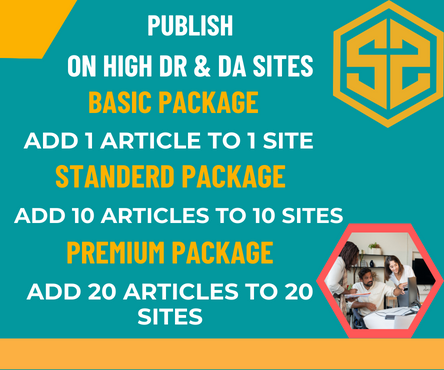Modern businesses rely heavily on information technology (IT) solutions to streamline operations, enhance productivity, and stay competitive in today’s fast-paced digital landscape. Here are some essential IT solutions needed by the modern-day business:
Cloud Computing Services: Cloud computing provides businesses with scalable and flexible IT infrastructure, enabling them to access computing resources, storage, and applications over the internet. Services like Amazon Web Services (AWS), Microsoft Azure, and Google Cloud Platform offer a range of solutions, including Infrastructure as a Service (IaaS), Platform as a Service (PaaS), and Software as a Service (SaaS). For more information please visit techops
Cybersecurity Solutions: With the increasing frequency and sophistication of cyber threats, businesses need robust cybersecurity solutions to protect their sensitive data, networks, and systems. This includes firewalls, antivirus software, encryption tools, intrusion detection/prevention systems, and employee training on cybersecurity best practices.
Data Backup and Disaster Recovery: Businesses must have reliable data backup and disaster recovery solutions in place to mitigate the risk of data loss due to hardware failures, cyberattacks, or natural disasters. This may involve implementing automated backup systems, offsite data storage, and recovery plans to minimize downtime.
Collaboration Tools: With remote work becoming more prevalent, collaboration tools such as video conferencing, instant messaging, and project management platforms are essential for keeping teams connected and productive. Solutions like Microsoft Teams, Slack, Zoom, and Trello facilitate seamless communication and collaboration regardless of physical location.
Enterprise Resource Planning (ERP) Systems: ERP systems integrate various business processes and functions, including finance, human resources, supply chain management, and customer relationship management (CRM). These solutions provide real-time data insights, streamline workflows, and improve overall operational efficiency.
Customer Relationship Management (CRM) Software: CRM software helps businesses manage their interactions and relationships with customers and prospects. It allows organizations to track sales leads, automate marketing campaigns, and provide personalized customer support, thereby enhancing customer satisfaction and loyalty.
Business Intelligence (BI) and Analytics Tools: BI and analytics tools enable businesses to analyze and interpret large volumes of data to gain valuable insights into their operations, market trends, and customer behavior. Platforms like Tableau, Power BI, and Google Analytics help businesses make data-driven decisions and optimize performance.
Mobile Device Management (MDM): As the use of mobile devices in the workplace continues to rise, businesses need MDM solutions to securely manage and monitor mobile devices, applications, and data. MDM solutions offer features such as device encryption, remote wiping, and app whitelisting to protect corporate data and ensure compliance with security policies.
Digital Marketing Solutions: In the digital age, effective marketing strategies are crucial for business success. Digital marketing solutions encompass a range of tools and techniques, including search engine optimization (SEO), social media marketing, email marketing, and content management systems (CMS), to attract, engage, and retain customers online.
E-commerce Platforms: For businesses engaged in online retail, e-commerce platforms provide the infrastructure and tools necessary to sell products and services over the internet. Platforms like Shopify, WooCommerce, and Magento offer customizable storefronts, payment processing, inventory management, and order fulfillment capabilities.
By leveraging these IT solutions, modern businesses can optimize their operations, drive innovation, and adapt to evolving market demands more effectively.

